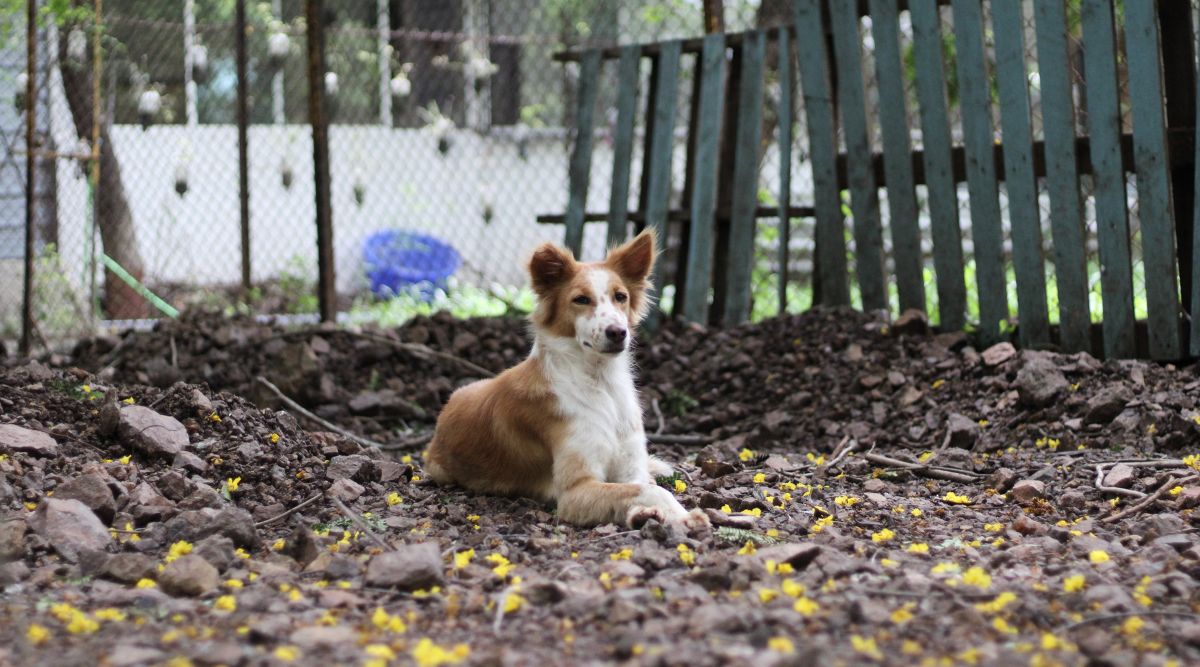Improving the welfare of stray dogs in local communities is important to create a humane and safe environment for them. Stray dogs in India are often victims of harsh living conditions, including hunger, diseases, and injuries. By looking after their welfare, communities can reduce their suffering, promote animal health, and prevent the spread of vector-borne diseases that could affect both humans and animals.
A collective effort enhances their well-being. Local governments, animal rescue organisations, and residents could come together to provide food, water, medical care, and shelters for the stray dogs in India. Supporting sterilisation and vaccination programs can help control their population and improve their health and overall life. Communities that support the wellbeing of stray animals also foster a culture of kindness, responsibility, and positive example for future generations.
Providing Basic Needs for Stray Dogs
Providing basic needs for stray dogs is crucial to their well-being. Setting up feeding stations in safe, accessible locations ensures they have regular access to food, while fresh water should be readily available and frequently replenished. In addition to sustenance, shelters are essential for protecting them from harsh weather. Simple solutions like doghouses, insulated boxes, or tarps can offer temporary refuge, helping stray dogs in India stay safe and comfortable. Supporting such efforts contributes significantly to the health and survival of these vulnerable animals.
Health and Safety of Stray Dogs
Medical Care for stray dogs
The health and safety of stray dogs in India are essential to ensuring their well-being and fostering a healthier community. Medical care for the stray dogs is one of the top priorities. Collaborating with local veterinarians or animal welfare organisations for their sterilisation, vaccinations, deworming, and basic medical treatments can protect these stray dogs from several diseases, injuries, and also help to control their population humanely.
Community Involvement
Community involvement plays an important role in improving the lives of stray dogs. Education and awareness are key factors, as they help people understand the needs of stray dogs and how they can contribute to their well-being. By promoting responsible pet ownership, communities can reduce pet abandonment and ensure proper pet care. This education also builds empathy and encourages individuals to support humane treatment of stray animals.
Volunteer opportunities can further strengthen community engagement. Encouraging community members to volunteer at shelters or rescue organisations has a direct impact on the welfare of these stray dogs. Additionally, community sanitation programs can eliminate potential hazards, provide clean environments for animals, and provide a safe environment for community members and dogs.
Advocacy and Support
Advocating for and helping stray dogs is essential to finding long-term, sustainable solutions. One of the most effective ways to make an impact is to support local animal welfare organizations. Sharing or donating to shelters and rescue groups helps provide essential supplies such as food, medical care, and shelter for stray dogs in India.
Advocating for policies and programs that prioritise animal welfare, such as stronger anti-abandonment laws or increased funding for spay/neuter programs, could also lead to policy changes that will greatly benefit stray dogs in India. Another vital way to show support is through fostering programs. Community members can provide temporary homes for stray dogs, offering them a safe environment while they await adoption. Fostering reduces the burden of the overcrowded shelters and provides the stray dog with care, love, and socialisation, which improves their chances of adoption.
Conclusion
Enhancing the welfare of stray dogs in India calls for a multi-faceted approach, with every step playing a critical role. Providing fundamental needs, inclusive of food, water, and a safe haven, guarantees their immediate survival and safety. Medical care, along with vaccinations, deworming, and spay/neuter programs, is essential to control the population and prevent the spread of illnesses, improving both the fitness of the stray dogs and public safety.
Community involvement is fundamental to sustaining these efforts. Education raises awareness about stray dogs in India and promotes responsible pet ownership, reducing abandonment. Volunteer opportunities allow individuals to immediately contribute by means of assisting shelters or organising community clean-ups. Advocacy and support via donations and partnerships with animal welfare organisations can ensure long-term solutions and drive policy change. Each of these steps contributes to a healthier, safer environment for stray dogs in India.


